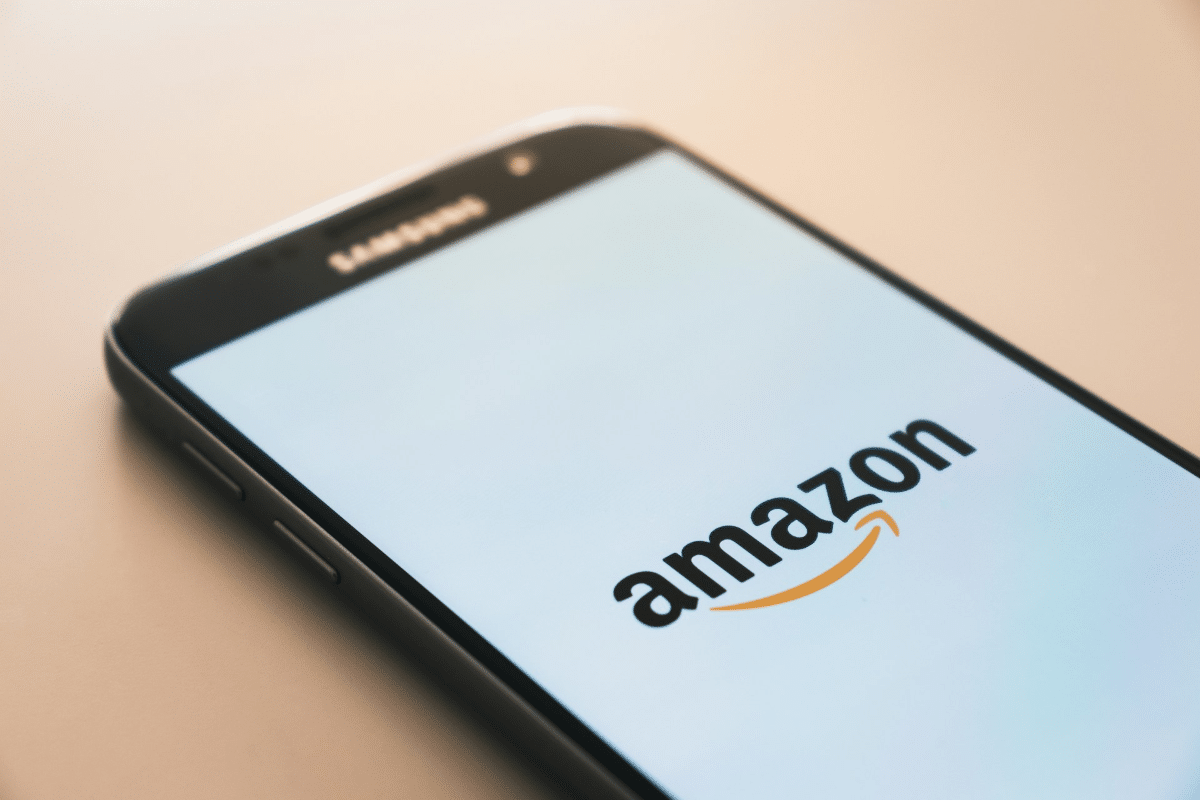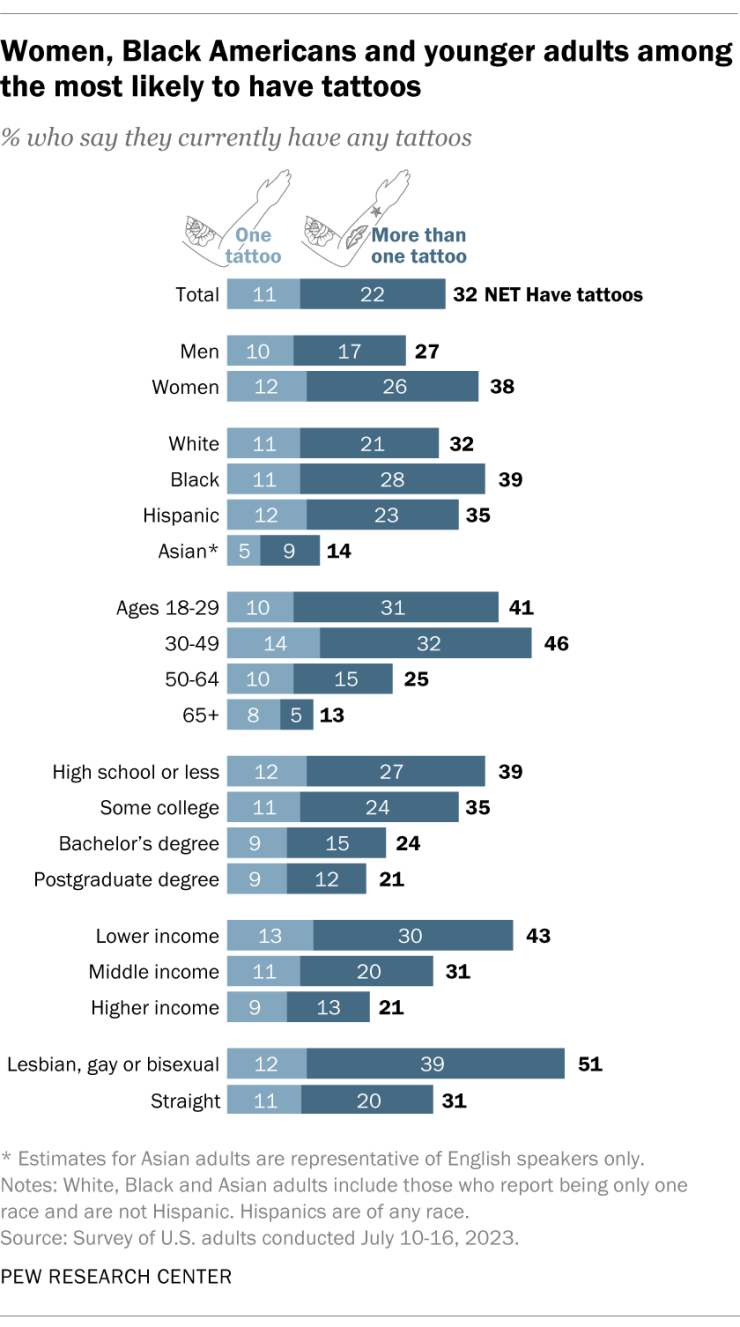While ecommerce has been making waves for convenience and affordable prices, it also has its share of risks and pitfalls. In a recent case, tattoo ink sold on Amazon’s platform was recalled as they were found to be contaminated with antibiotic-resistant bacteria, making the product a severe safety hazard.
The inks were produced by a company named Sierra Stain, based in Carson City, Nevada, and sold under the Bloodline brand.
“The recall was initiated after the recalling firm became aware of the results of the samples collected and analyzed by FDA, which tested positive for multiple microorganisms,” said Sierra Stain in a release that was posted by the US Food and Drug Administration (FDA).
Bacteria-contaminated Tattoo Ink Was Sold on Amazon
It added, “Tattoo artists and retailers should avoid using or selling the recalled tattoo inks and dispose product in a sharps container or a similar biohazard container.”
The FDA identified that the inks were contaminated with eight microorganisms of which seven were resistant to antibiotics. What however complicates the matter is that these were sold in all 50 states which means that they are pretty much spread across the country.
Tattoos are classified as cosmetics and are under the oversight of the FDA but contaminated ink is much more dangerous than most cosmetics. You don’t generally inject other cosmetics directly into your skin. The FDA has a boilerplate warning and says that ink that is contaminated with bacteria, mold, or other microorganisms can cause infections.
TATTOO-RELATED RECALL | A trio of water-based tattoo pigments were recalled after tests found multiple microorganisms in the bottles.
Read more: https://t.co/nkRR2rMCC7 pic.twitter.com/NDfzYvZy2H
— WFLA NEWS (@WFLA) August 26, 2024
According to the FDA, “There’s no sure-fire way to tell if the ink is safe without testing. An ink can be contaminated even if the container is sealed, or the label says the product is sterile.”
The FDA is particularly concerned about inks and kits that are sold as do-it-yourself (DIY) to consumers. “The FDA is also concerned that consumers may not know how to control and avoid all sources of contamination,” says the regulator on its website. Because tattoo ink is just a cosmetic, anyone can sell it without FDA approval and sellers may not know how to keep bacteria out. This is why you probably shouldn’t buy it from a random seller online.
The FDA also advises that “Tattoo artists should be working in a professional environment such as a Tattoo Shop, as tattooing from home carries a high risk of contamination in unsanitary conditions.”
Tattoos Are Getting Quite Popular
Tattoos are becoming increasingly popular and a 2023 Pew Research Survey showed that 32% of Americans had at least one tattoo while 22% had more than one. They are most popular in the 30-49 age group and 46% of the respondents in that age bracket have at least one tattoo.
Meanwhile, since Sierra Stain is no longer in business customers don’t have much recourse to
the company. However, the case highlights the pitfalls of buying products like tattoo inks online as they are susceptible to contamination.
While a lot of genuine brands are also available on online platforms, there are fake products as well. It might not be possible for common people to distinguish a fake or cloned tattoo ink from a real one.
The above video explains the key aspects one should keep in mind before buying tattoo ink.
Should You Be Buying Things Like Tattoo Inks Online?
Meanwhile, many experts believe that you probably shouldn’t buy products like supplements and tattoo inks through third-party seller platforms.
Several studies have shown the presence of counterfeit products on online platforms. For instance, a study of 30 dietary supplements on Amazon conducted by Researchers from the University of Mississippi and the Uniformed Services University showed that 13 of these carried inaccurate labels that did not match the product content. Nine products had ingredients that were not mentioned on their labels and some of them might be considered “adulterated.”
The study showed that none of the products carry a third-party certification seal on their packaging. In its conclusion, the report said, “Quality control measures seem to be insufficient for most of these select products, and claims made on labels may be misleading consumers who purchase products.”
In a case last year, supplement company NOW discovered several fraudulent supplements imitating its brand being sold on Amazon.
Another study showed that 70% of the 14 most popular colloidal silver products on Amazon only had ionic silver which greatly differs from the colloidal silver that they were being marketed as (not that anyone should use colloidal silver. It’s toxic).
STOP buying toys, beauty products, and supplements from AMAZON. Counterfeit products are abundant there and they can be dangerous!! Try to buy direct! https://t.co/LtCBknQex8
— Lakyn Thee Stylist (@OgLakyn) May 9, 2023
Amazon Third-Party Sellers
Amazon has millions of third-party sellers and obviously, the company cannot keep track of every singly product sold through its platform. Though it does provide an “A-to-z Guarantee Protection” under which buyers can claim a full refund if the seller does not respond to the buyer’s query in one day.
Meanwhile, the issue here is much larger than the refund and relates to the health of the buyers. Especially in the case of tattoo inks being sold with antibiotic-resistant bacteria, if left undiscovered the product could have had even larger implications beyond the people who bought it.
Overall, while ecommerce platforms like Amazon have become quite popular among buyers, one has to be careful when ordering products like supplements and cosmetics as generally as buyers we don’t have a reliable mechanism to test whether they have genuine ingredients.

